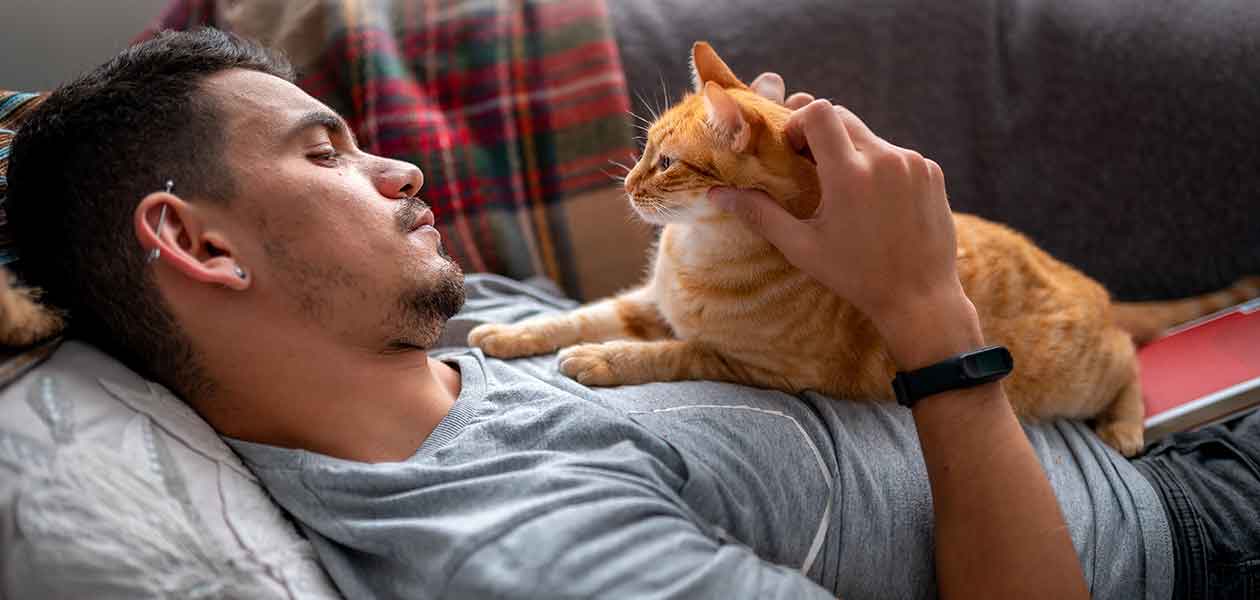Which Cats Are the Most Affectionate?
Cats have a reputation for being aloof, but that couldn’t be further from the truth for some breeds. Let’s dive into the world of cuddly kitties and discover which cats are the most affectionate companions.
The Purr-fect Companions: Affectionate Cat Breeds
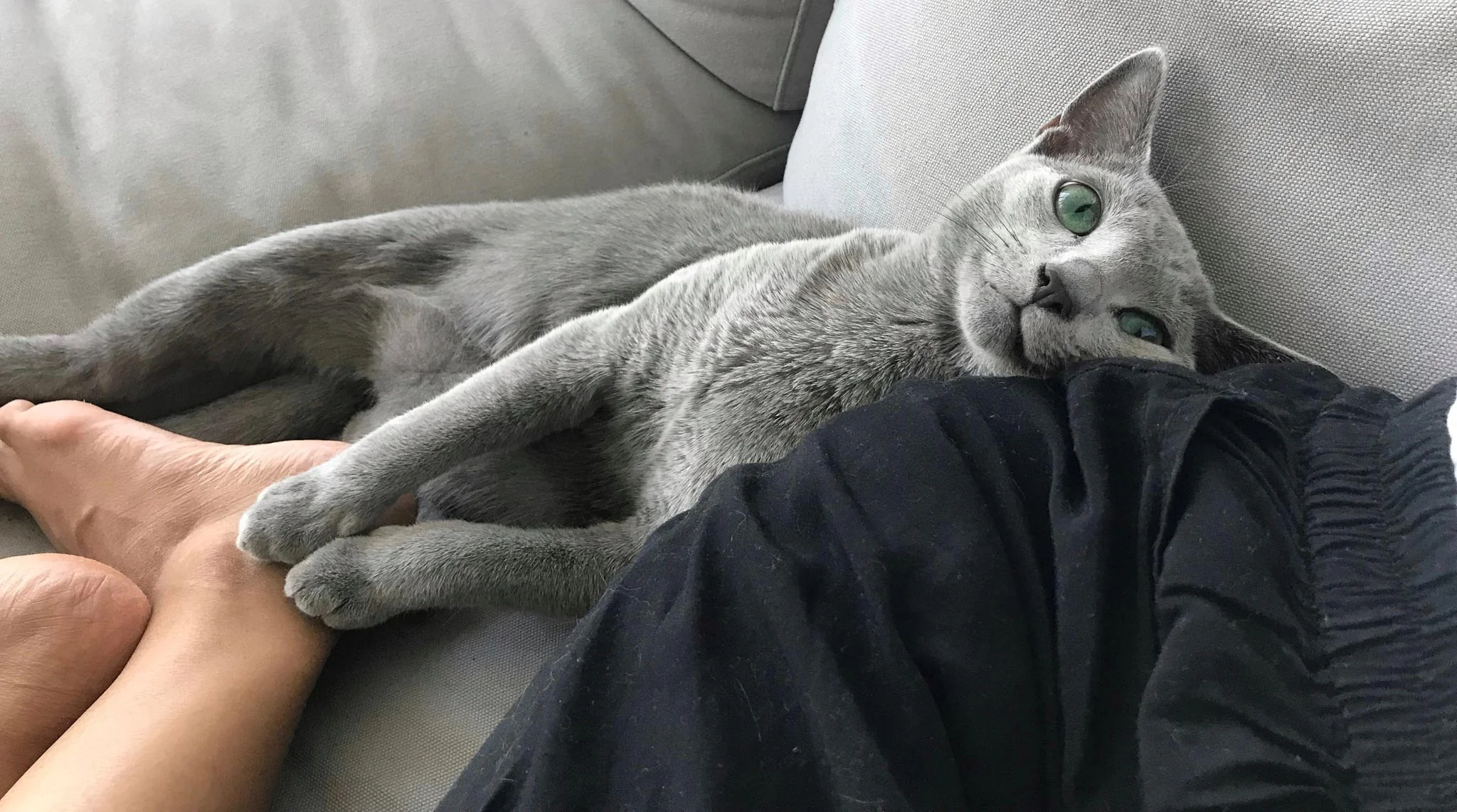
Some cat breeds are naturally more inclined to be affectionate. Here are a few breeds known for their loving nature:
The Ragdoll
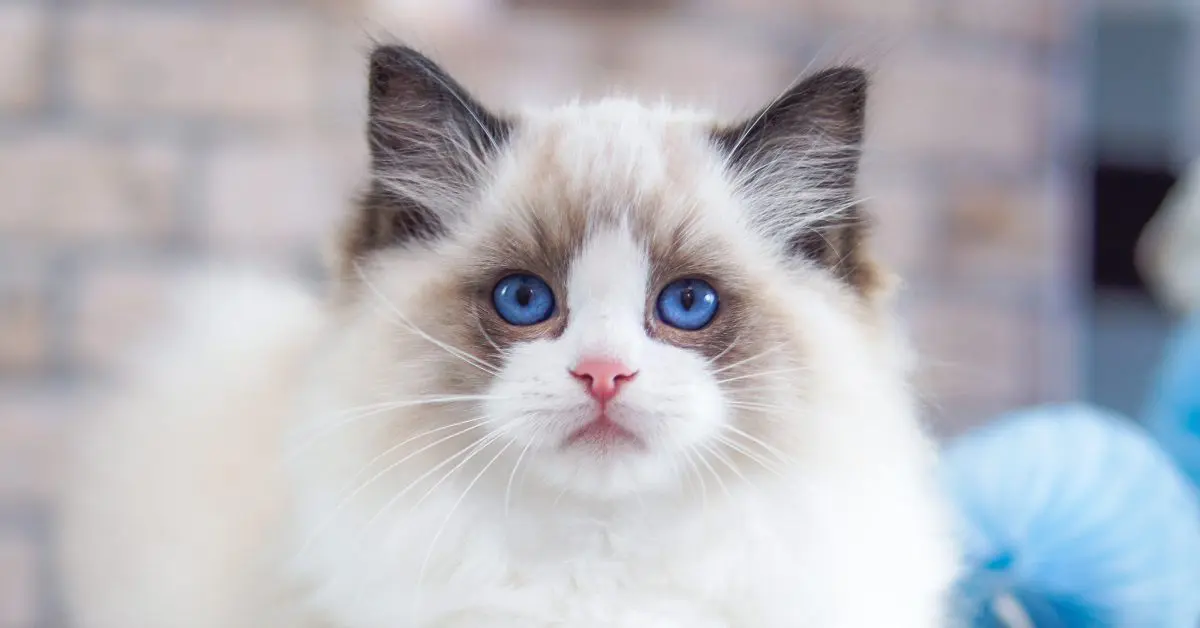
Known as the “puppy cats,” Ragdolls are incredibly affectionate and love to be held and cuddled. They often go limp in your arms, thus the name Ragdoll. Ragdolls are typically calm and easygoing, which makes them excellent companions for families, singles, and seniors alike. They enjoy being with their humans, whether it is lying next to them on the couch or following them from room to room. Their blue eyes and silky fur make them not only a joy to cuddle but also a beauty to behold.
The Maine Coon
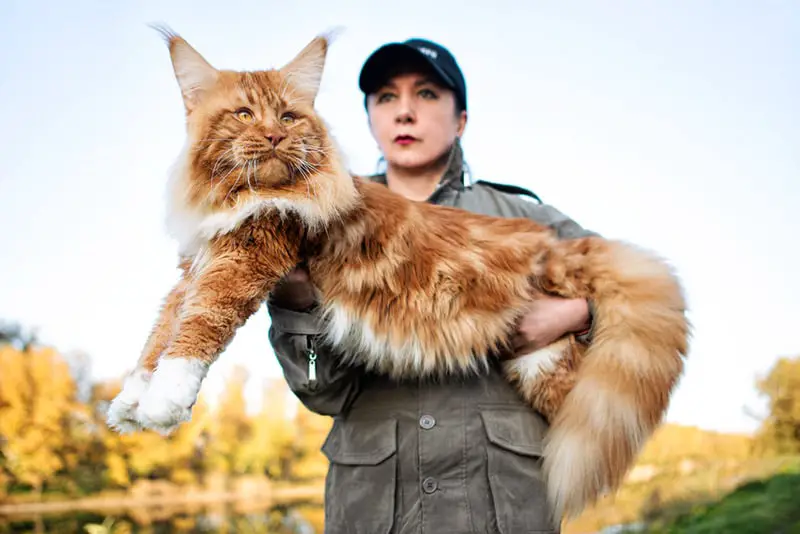
Maine Coons are gentle giants with a playful, friendly nature. They often form strong bonds with their owners and can be incredibly affectionate. These cats are known for their large size, tufted ears, and bushy tails. Despite their imposing stature, Maine Coons are often described as “dog-like” because they are sociable, affectionate, and enjoy human company. They are often patient with children and get along well with other pets, making them excellent family companions.
The Siamese
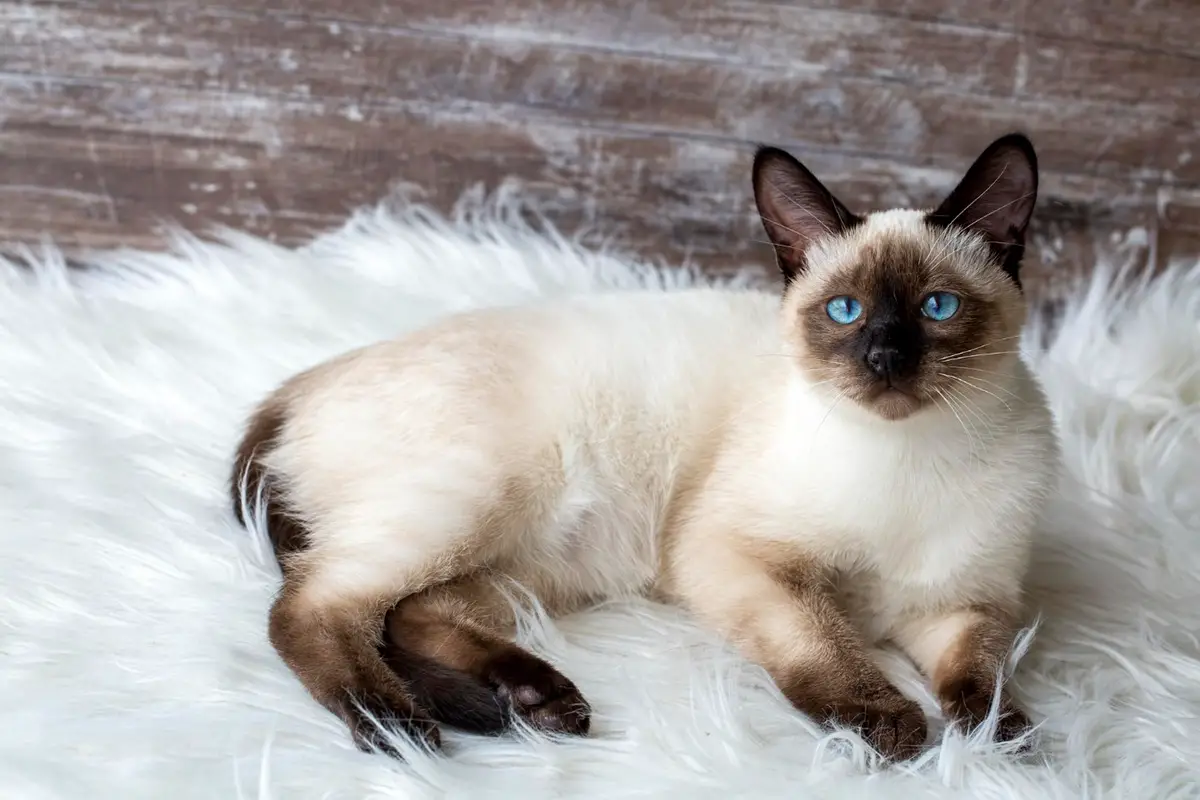
Siamese cats are known for their vocalizations and love of human companionship. They crave attention and form deep bonds with their owners. Their striking blue almond-shaped eyes, slender bodies, and vocalizations set them apart from other breeds. Siamese cats are often described as “people cats” because they like to be around people and are often quite dependent on their human companions. They will follow their owners, comfort them if they are feeling down, and cuddle up next to them whenever they can.
The Sphynx
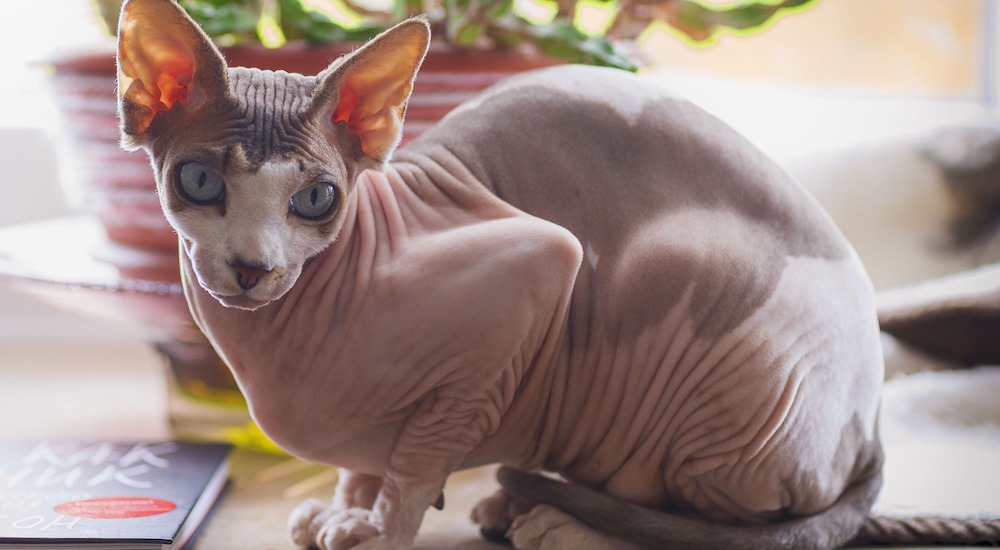
Despite their lack of a furry coat, Sphynxes are incredibly warm—both literally and in personality. They love to cuddle to keep warm and are known for being exceptionally affectionate. Due to the absence of fur, a Sphynx’s body feels warmer than other cats. They are known for their friendly and outgoing nature, often seeking attention and affection from their owners and even from strangers. They are playful and energetic and can form close bonds with their human companions.
What Makes a Cat Affectionate: Genetics or Environment?
Nature vs. Nurture
Is a cat’s affectionate nature due to genetics or is it a result of their environment?
The Role of Genetics
Research suggests that a cat’s genes can play a significant role in their temperament, including their level of affection. Some breeds, as mentioned, are genetically predisposed to be more sociable and affectionate.
The Importance of Early Socialization
Proper socialization in the kitten’s early weeks can be a crucial factor in developing an affectionate nature. Kittens that are handled and exposed to various people, pets, and environments during their formative weeks (2-7 weeks of age) are generally more sociable and less fearful as adults.
Signs of Affection in Cats
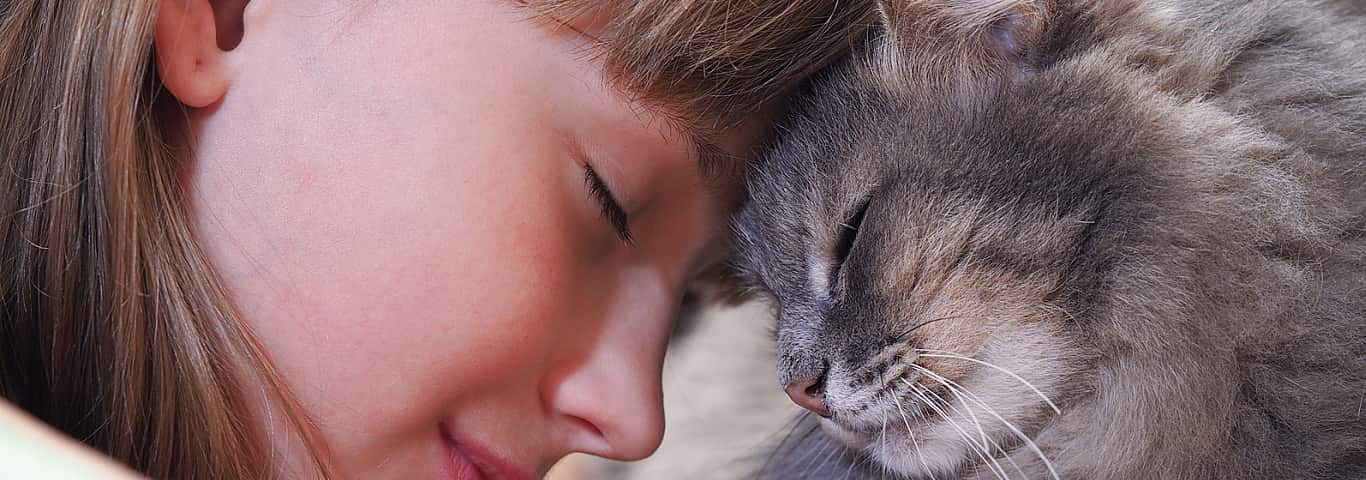
How can you tell if your cat loves you back? Look for these signs:
Purring and Kneading
These are classic signs of contentment and affection in cats. When a cat purrs while being petted, it’s generally a sign that they are comfortable and content. Kneading, the act of rhythmically pressing their paws against a soft surface, is a comforting action that cats begin as kittens while nursing.
Head-Butting
This is a strong sign your cat trusts and loves you. When a cat butts its head against you, it is marking you with its scent and claiming you as its own, which is a significant sign of affection.
Following You Around
If your cat follows you from room to room, it’s a sign they enjoy your company. This can also be seen when your cat brings you “gifts” (like a caught mouse or toy) as a sign of trust and affection.
How to Encourage Affection in Your Cat
Bonding Activities
Engage in interactive play sessions, groom your cat, and give them lots of love and attention. Regular playtime and cuddling sessions can help build a bond of trust and affection with your cat.
Creating a Safe Environment
Make your home a comfortable, stress-free zone for your cat. This will help them feel secure enough to show affection. Cats that feel safe and loved are more likely to reciprocate affection.
Conclusion: Finding Your Affectionate Feline Friend
In the end, every cat is unique. Whether you choose a breed known for its affectionate nature or adopt a loving cat from a shelter, the key to a strong bond is patience, love, and understanding. Cats, like people, have their personalities and quirks. What’s important is finding a companion whose personality meshes well with yours and nurturing that relationship with love, respect, and patience.
Remember, the most affectionate cat is often the one you give your love to, regardless of breed or background.
FAQs
-
Are male cats more affectionate than females?
- Not necessarily. Affectionate behavior can vary more within the sexes than between them.
-
Do cats become more affectionate with age?
- Many cats do become more affectionate as they age, likely due to decreased energy levels and increased comfort with their owners.
-
How can I help my shy cat become more affectionate?
- Provide a safe environment, engage in bonding activities, and be patient. Reward your cat for showing affection.
-
Do certain cat colors or patterns correlate with affection?
- There is no scientific evidence that a cat’s color or pattern correlates with its level of affection.
-
Are rescue cats less affectionate?
- Not at all. Many rescue cats are incredibly affectionate and grateful for their new homes.

